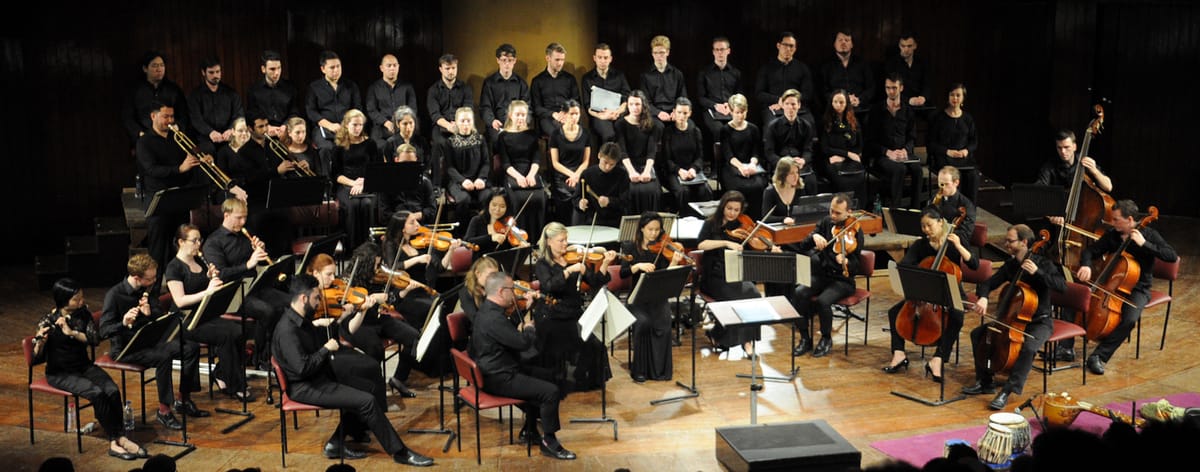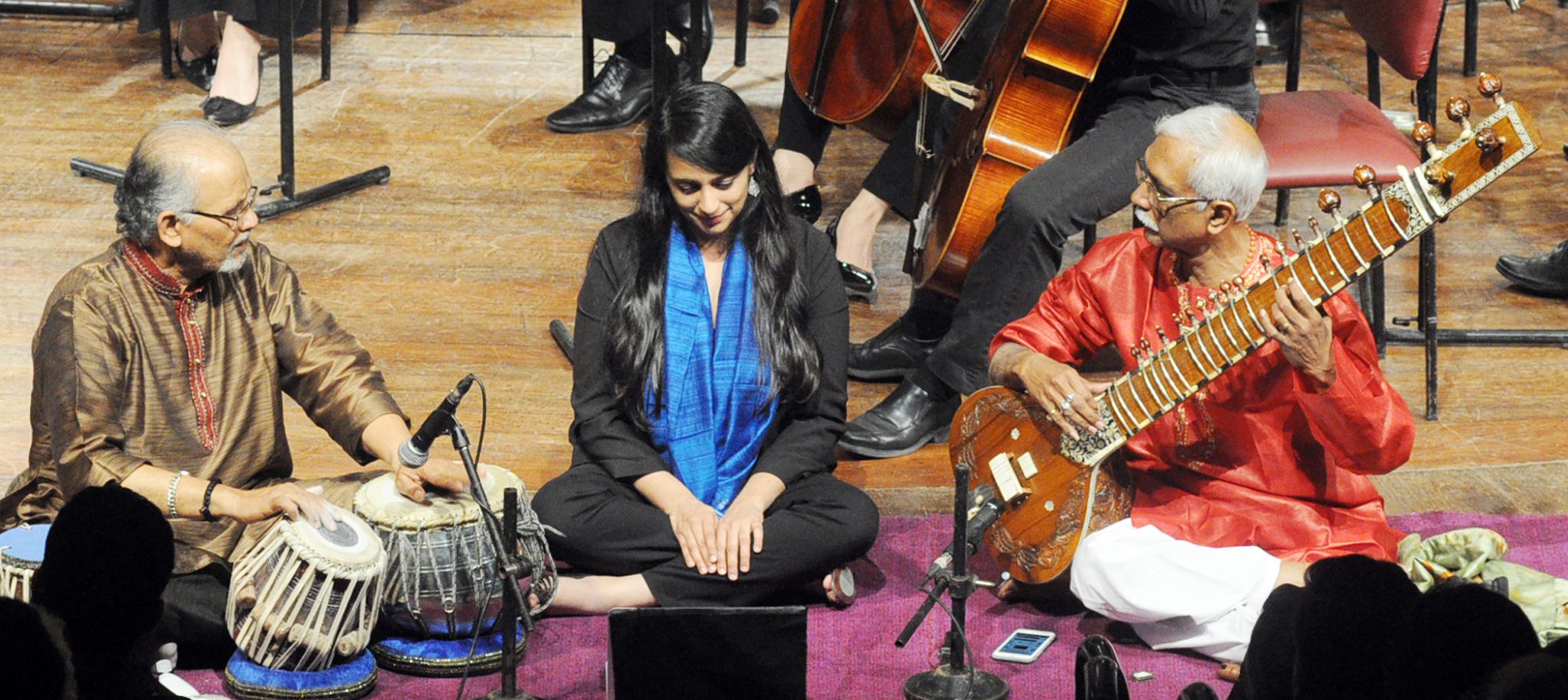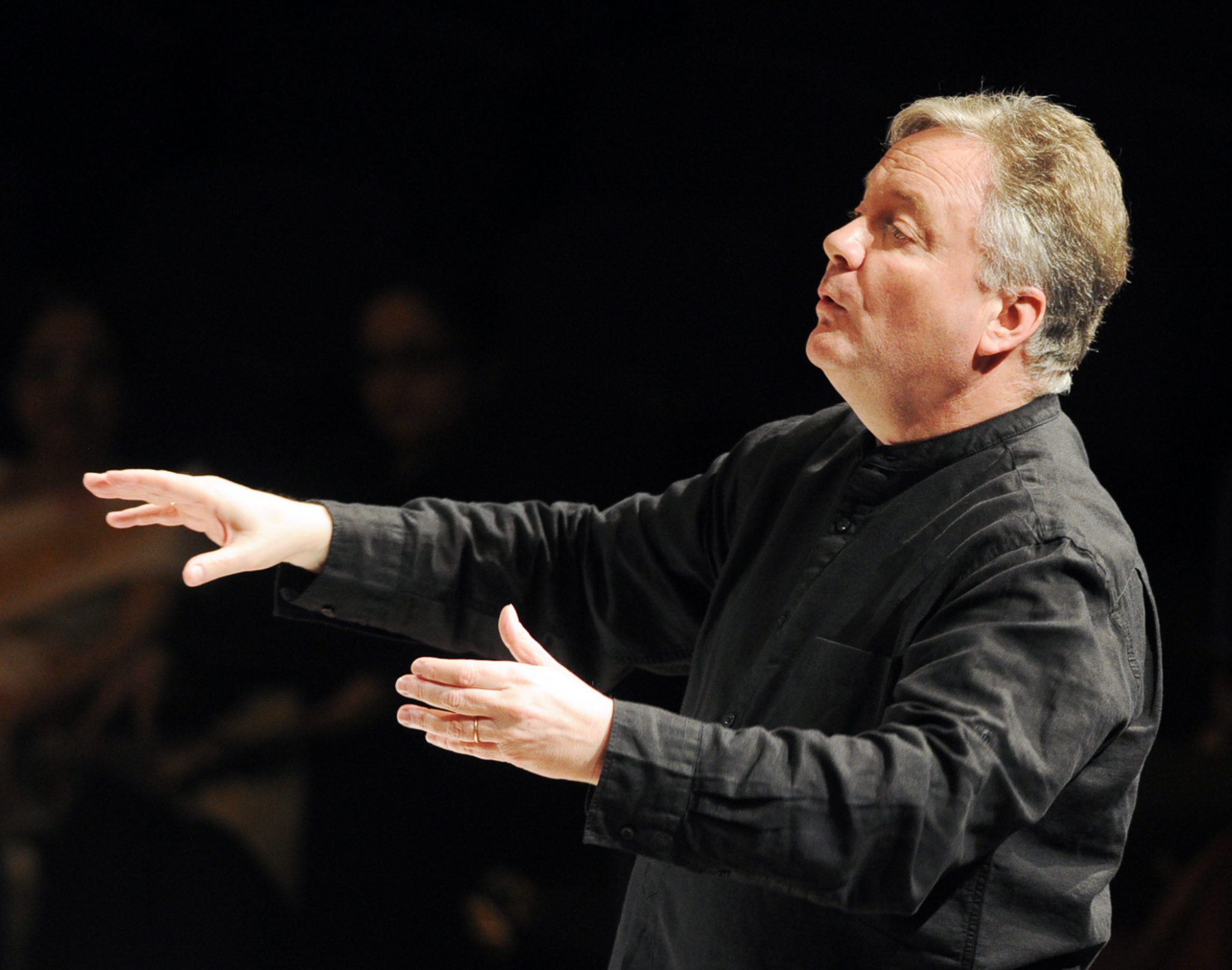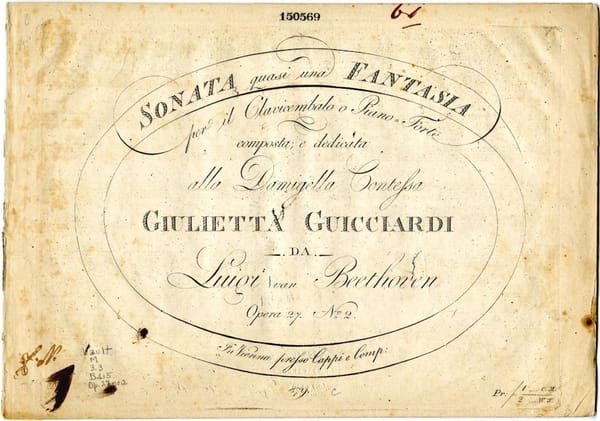MAY LOVE AND PEACE BE AMONG US

On 16th March 2017, I found myself sitting at Mumbai’s iconic Tata theatre in ring side seats to watch a fabulous choral evening. Visiting Mumbai from the USA was the Yale Schola Cantorum and Juilliard415.
Yale Schola Cantorum is a chamber choir that performs sacred music from the sixteenth century to the present day in concert settings and choral services around the world. The choir was accompanied by Juilliard415 which is the period instrument ensemble accredited to the Juilliard School in New York.
The first half consisted of excerpts from Rameau’s operas for instrumental ensemble and Bach’s glorious Magnificat in D major. The second half of the programme was the centrepiece in the form of the India premiere of Reena Esmail’s “This Love Between Us” – an oratorio like piece for chorus, orchestra, soloists, sitar and tabla. The composer Reena Esmail, trained in both Indian and Western classical music, was on stage to cue the tabla and sitar while conductor David Hill was in charge of the proceedings.

Rameau’s career only began at the age of fifty with his early success of his 1749 opera Naïs. This opera’s overture is the first movement of the four movement suite randomly selected from the works of French opera composer Jean-Philippe Rameau. His lighter opera-ballets contributed to the rest of the suite – Air pour les Amants from Les Indes galantes where the Indies in eighteenth century in France could have meant anywhere from Peru to Persia and not necessarily India. The last two movements of this suite are a Musette and Rigaudon.
Bach’s Magnificat is a setting of the biblical canticle based on Luke. It is one of the earliest settings of the text often referred to as the song of Mary with text from the Gospel of Luke. The canticle appears in vespers services and after the Reformation it became commonly linked with the Nunc Dimittis. In Leipzig, the Magnificat was sung in German on ordinary Sundays, but more elaborate settings in Latin were used for Marian feasts and high holidays such as Christmas, Easter and Pentecost.
Bach originally composed his Magnificat (BWV 243a) in the key of E flat major inserting four German hymns related to Christmas. In 1733, a full ten years later, he revised it catering to the valveless trumpets of the region to D major. Since then it is continued to be performed in this key without the inserted hymns. The length of the setting is similar to his cantatas but contains approximately twice as many movement (twelve). The chorus expanded to five parts (SSATB) instead of the normal four parts.

The opening featured joyful and boisterous choral interpolations. Each vocal entry was etched cleanly and without vibrato. The power and beauty of the music was immediately apparent and continued through the evening culminating in the centrepiece of the programme, the raison d’etre, the India premiere of Reena Esmail’s oratorio.
Esmail’s work “This Love Between Us” described the oneness of mankind seen through the eyes of an Indo-American composer reflected in part in her own trials and tribulations in gaining access to Indian colleagues in Varanasi as she had a family connection with Pakistan. The piece not only described the unity between Western and Indian musical traditions but also between the various religious traditions within India.
Each of the seven movements is set to liturgical texts in the original language with simultaneous English translation. This is with the exception of the Christian text which is in fact set in translation in Malayalam. This Christian movement is rooted firmly in baroque style while the Zoroastrian one is a Hindustani Vilambit Bandish. The other movements (Buddhism, Sikhism, Jainism, Hinduism and Islam) are somewhere in between these two musical cultures and their techniques forms and styles. Each of the musicians is asked to keep one hand firmly rooted in their own tradition and training, while reaching the other hand outward to greet another musical culture.
A few words on Reena Esmail. This young woman composer has made a name for herself in the country of her birth and adoption, the USA. This evening has gone a long way to present her to Indian audiences where she studied Hindustani music for a year on a Fullbright scholarship. She studied piano and composition both at Yale and Juilliard. I quote from her own words regarding her piece “This Love Between Us”:
“I wrote this piece through some of the darkest times in our country and in our world. But my mind always returns to the last line of this piece, the words of Rumi, which are repeated like a mantra over affirming phrases from each religion, as they wash over one another; Concentrate on the Essence. Concentrate on the light.”




